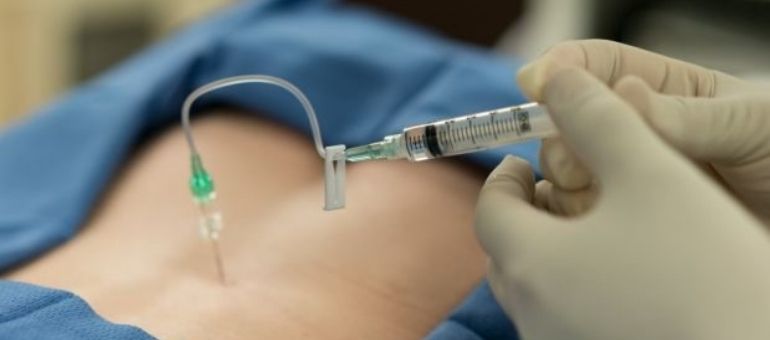A Pap smear is a cervical cancer screening test that should be performed every 3 years for women who are 21 or older and sexually active.
WHAT IS THE CERVIX?
The cervix is the part of the uterus that opens into the vagina. It is also known as the neck of the uterus. It is normally closed very tightly but opens during childbirth to allow the baby to pass through.
WHAT IS A PAP SMEAR TEST?
A Pap smear test is an early warning test that not only detects existing cervical cancer but also shows if there are any cellular changes on the cervix that could turn into cancer.
WHAT CAUSES CERVICAL CANCER, AND WHAT ARE THE RISK FACTORS?
- Early age of first sexual intercourse.
- Women diagnosed with HPV (Human Papillomavirus).
- Women who have multiple sexual partners or whose partners have multiple partners.
- Autoimmune diseases.
- The presence of an HIV (Human Immunodeficiency Virus) infection or any condition that weakens the immune system.
- Smoking.
- Having had many births.
SHOULD ALL WOMEN GET A PAP SMEAR TEST?
Yes. All sexually active women who are 21 or older should get a cervical cancer screening test.
HOW IS A PAP SMEAR TEST PERFORMED?
A speculum (an examination instrument) is placed into the vagina by your doctor to allow them to see and reach the cervix. A small brush is used to collect cell samples from the cervix, which are then sent to a pathology lab for analysis. A pathologist examines these cells under a microscope to look for any abnormal development.
WILL I FEEL PAIN DURING THE TEST?
No. The Pap smear test is simple and painless. You may feel a little discomfort if you are tense.
IS THERE ANYTHING I NEED TO DO IN ADVANCE?
You do not need to do anything special to prepare for a Pap smear test. It is preferable not to have sexual intercourse, vaginal douches, or use vaginal suppositories or creams for 2 days before the test. However, since this is a screening test, a Pap smear can still be performed in these situations. The patient should not be on their menstrual period or have a heavy vaginal discharge during the test.
WHEN SHOULD I GET A PAP SMEAR TEST?
This depends on your age and the results of your previous Pap smear tests. For screening purposes, a Pap smear every 3 years is sufficient for women between the ages of 21 and 29. Getting it more frequently does not increase the protection against cervical cancer. For women between the ages of 30 and 65, a Pap smear is sufficient every 3 years if done alone, and every 5 years if performed along with an HPV test. Pap smear screening combined with an HPV test is more sensitive for protection against cancer.
HOW CAN I PROTECT MYSELF FROM CERVICAL CANCER?
- Get regular Pap smear screenings.
- Ask your doctor for information about the HPV vaccine.
- Use condoms to protect yourself from sexually transmitted diseases.






